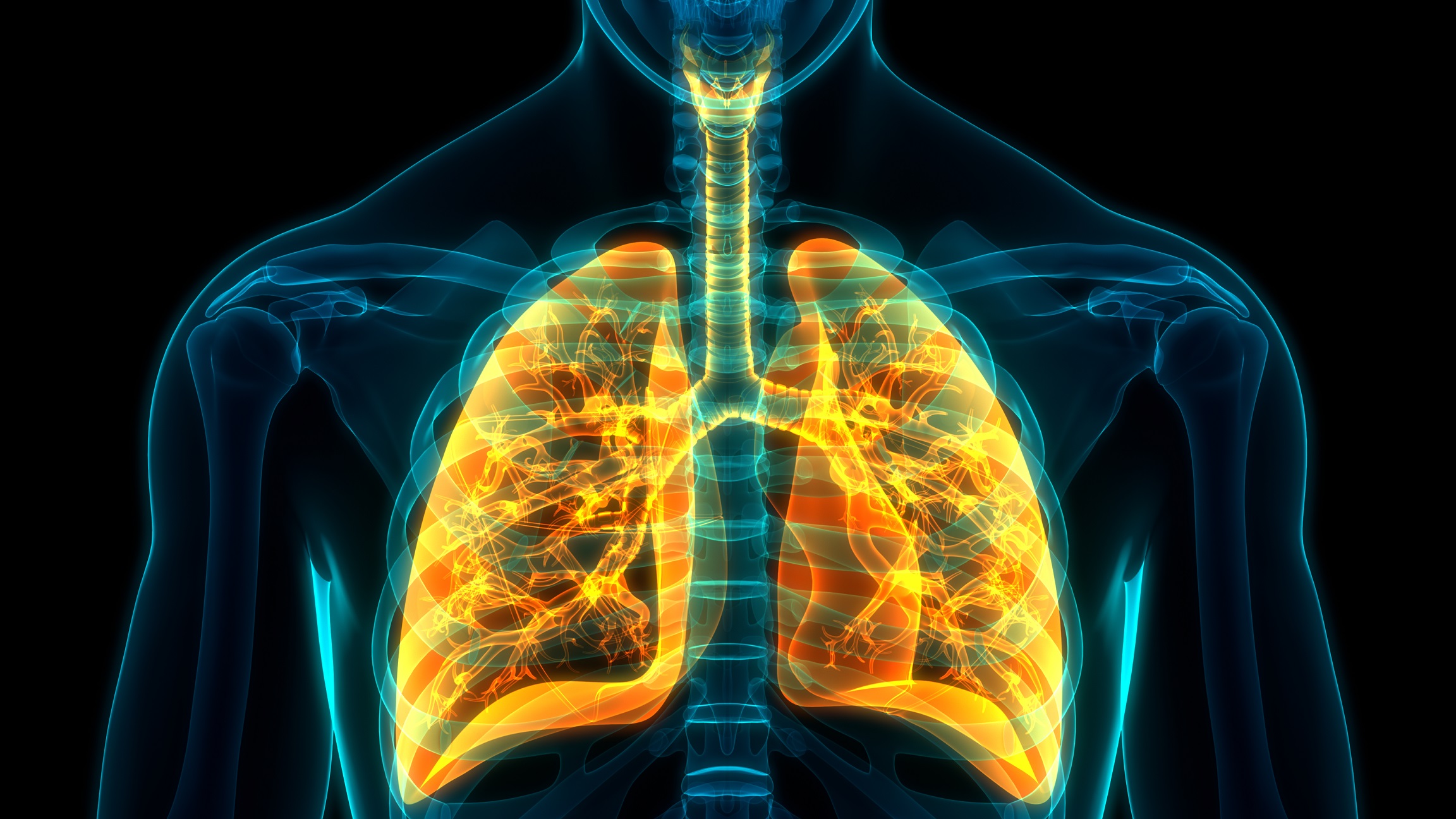Florida State University College of Medicine researchers have linked aspartame, an artificial sweetener included in approximately 5,000 diet goods and beverages, to anxiety-like behavior in mice. The study entitled ‘Transgenerational transmission of aspartame-induced anxiety and changes in glutamate-GABA signaling and gene expression in the amygdala’ published in the Proceedings of the National Academy of Sciences, found that aspartame consumption in mice resulted in anxiety as well as effects that persisted for up to two generations in males.
Environmental Factors and Epigenetic Alterations
Co-author Pradeep Bhide, who holds the Jim and Betty Ann Rodgers Eminent Scholar Chair of Developmental Neuroscience in the Department of Biomedical Sciences, suggests that the study shows a need to look back at environmental factors because what is seen today is not only what happened today but what happened two generations ago, and possibly even longer. The Bhide Lab’s earlier studies on the effects of nicotine on mice throughout generations played a role in the study’s development. The study revealed transient epigenetic alterations in mouse sperm cells, which can alter how the body interprets a DNA sequence.
Aspartame Approval and Breakdown
Aspartame was approved as a sweetener by the U.S. Food and Drug Administration (FDA) in 1981, and yearly production is close to 5,000 metric tons. Aspartame breaks down into aspartic acid, phenylalanine, and methanol when ingested, all of which can have significant impacts on the central nervous system.
Study Design and Unexpected Results
The study, directed by PhD candidate Sara Jones, comprised giving mice water that contained aspartame at a level that was around 15% of the FDA-approved daily maximum for humans. In a four-year research, the dosage, which is comparable to six to eight 8-ounce diet Coke cans per day for people, was given for 12 weeks. Over several generations of mice descended from the aspartame-exposed males, distinct anxiety-like behavior was seen in a variety of maze tests.
Treatment and Future Studies
Mice of all generations stopped acting anxiously when given diazepam, a medication used to treat anxiety disorders in people. An additional study from this investigation on the effects of aspartame on memory is in the works. Future studies will pinpoint the molecular processes that affect how aspartame’s effects are passed down through the generations. Professor Chris Schatschneider of FSU’s Department of Psychology and faculty colleagues Deirdre McCarthy, Cynthia Vied, and Gregg Stanwood from the Department of Biomedical Sciences also contributed as co-authors.
Funding Sources
The Bryan Robinson Foundation and the Jim and Betty Ann Rodgers Chair Fund at Florida State University provided funding for this study.
Subscribe
to get our
LATEST NEWS
Related Posts

Sleep, Nutrition & Exercise
The Microalgae Revolution: Unlocking Sustainable Nutrition and Health Solutions
Microalgae represent a transformative solution to the challenges of feeding a growing population sustainably.

Sleep, Nutrition & Exercise
From Inactivity to Movement: The Need for Scalable Public Health Interventions
Parkrun has emerged as a potential answer to a global public health burden – physical inactivity.
Read More Articles
Myosin’s Molecular Toggle: How Dimerization of the Globular Tail Domain Controls the Motor Function of Myo5a
Myo5a exists in either an inhibited, triangulated rest or an extended, motile activation, each conformation dictated by the interplay between the GTD and its surroundings.
Designing Better Sugar Stoppers: Engineering Selective α-Glucosidase Inhibitors via Fragment-Based Dynamic Chemistry
One of the most pressing challenges in anti-diabetic therapy is reducing the unpleasant and often debilitating gastrointestinal side effects that accompany α-amylase inhibition.













